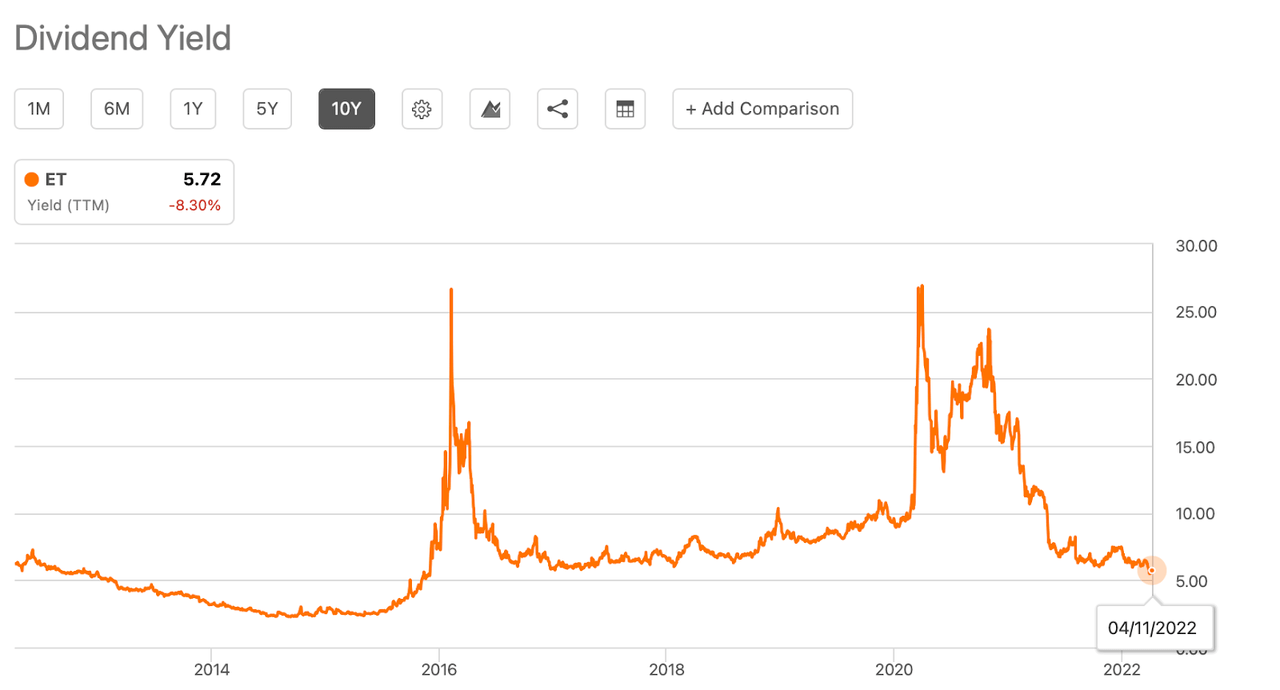
This article will cover the basics of day trading and investing in stocks. By reading this article you will be able to learn how you can become a successful trader and invest in the currencies of your choice. Learn how to use Forex to your advantage. Forex trading can be an income-generating business. It is important to understand how you can make the most of it. It is important to know the best strategies and which ones are risky.
Stock investing
Diversified portfolios are important for investors. Although forex can improve the performance of investments, it is important to understand how it works. Foreign exchange markets are different from stocks in many ways. Foreign currency markets are available 24 hours a days and are more open to international political issues. Investors have easier access to them because they are more accessible.

Forex trading
When deciding whether to trade stocks or forex, you must consider the risk of poor investment advice. Forex is more volatile. Forex traders are often subject to large losses and gains. The stock market is a profitable option, but the returns are often slower. Forex traders should focus on long-term strategies. They must also put aside emotions. Here are some benefits of forex trading. Continue reading to learn how forex can make you money.
Forex day trading
Before trading forex and stocks, there are many factors to consider. First, you need to have a goal. It is tempting to try and buy every stock available in the world, hoping for quick profits. However, this is not realistic. It may take some time to learn the ropes and make a profit. It is important to decide what trading method you want to use. Technical analysis and fundamental analysis are both possible.
Investing in stock exchange indexes
A stock index measures the performance of a number of stocks. Investors use these indexes to analyze market trends and identify sector trends. They also help them invest in index funds. These indexes don't necessarily reflect the stock market but can be used as a tool to diversify portfolios. ETFs are one type of index fund. Here are some things you need to know before investing in one. These funds offer diversification as well as lower fees.

Investing for stock market futures
Investing on stock market futures will diversify your portfolio and allow you to take advantage of greater volatility. They also provide direct market access to commodities assets and other secondary market products. Futures trading can also be a great way to manage risk, as futures contracts are settled with cash settlements or physical delivery of goods. Futures can also settle in foreign currencies. This allows you to take bearish positions and reversals without having to increase your margin requirements.
FAQ
Who can trade in stock markets?
The answer is everyone. All people are not equal in this universe. Some people have more knowledge and skills than others. They should be recognized for their efforts.
But other factors determine whether someone succeeds or fails in trading stocks. For example, if you don't know how to read financial reports, you won't be able to make any decisions based on them.
You need to know how to read these reports. Understanding the significance of each number is essential. You must also be able to correctly interpret the numbers.
If you do this, you'll be able to spot trends and patterns in the data. This will help you decide when to buy and sell shares.
And if you're lucky enough, you might become rich from doing this.
How does the stock exchange work?
You are purchasing ownership rights to a portion of the company when you purchase a share of stock. The company has some rights that a shareholder can exercise. He/she may vote on major policies or resolutions. He/she may demand damages compensation from the company. He/she can also sue the firm for breach of contract.
A company cannot issue any more shares than its total assets, minus liabilities. It's called 'capital adequacy.'
A company with a high capital adequacy ratio is considered safe. Low ratios can be risky investments.
How are shares prices determined?
Investors who seek a return for their investments set the share price. They want to make a profit from the company. So they purchase shares at a set price. If the share price increases, the investor makes more money. If the share price goes down, the investor will lose money.
The main aim of an investor is to make as much money as possible. This is why they invest into companies. They are able to make lots of cash.
Why are marketable securities Important?
An investment company exists to generate income for investors. It does so by investing its assets across a variety of financial instruments including stocks, bonds, and securities. These securities offer investors attractive characteristics. These securities may be considered safe as they are backed fully by the faith and credit of their issuer. They pay dividends, interest or both and offer growth potential and/or tax advantages.
Marketability is the most important characteristic of any security. This refers to how easily the security can be traded on the stock exchange. You cannot buy and sell securities that aren't marketable freely. Instead, you must have them purchased through a broker who charges a commission.
Marketable securities include government and corporate bonds, preferred stocks, common stocks, convertible debentures, unit trusts, real estate investment trusts, money market funds, and exchange-traded funds.
These securities are a source of higher profits for investment companies than shares or equities.
What is security at the stock market and what does it mean?
Security can be described as an asset that generates income. Most security comes in the form of shares in companies.
A company could issue bonds, preferred stocks or common stocks.
The earnings per shares (EPS) or dividends paid by a company affect the value of a stock.
When you buy a share, you own part of the business and have a claim on future profits. If the company pays you a dividend, it will pay you money.
You can sell your shares at any time.
What is security in a stock?
Security is an investment instrument whose value depends on another company. It could be issued by a corporation, government, or other entity (e.g. prefer stocks). The issuer can promise to pay dividends or repay creditors any debts owed, and to return capital to investors in the event that the underlying assets lose value.
Statistics
- Individuals with very limited financial experience are either terrified by horror stories of average investors losing 50% of their portfolio value or are beguiled by "hot tips" that bear the promise of huge rewards but seldom pay off. (investopedia.com)
- For instance, an individual or entity that owns 100,000 shares of a company with one million outstanding shares would have a 10% ownership stake. (investopedia.com)
- US resident who opens a new IBKR Pro individual or joint account receives a 0.25% rate reduction on margin loans. (nerdwallet.com)
- The S&P 500 has grown about 10.5% per year since its establishment in the 1920s. (investopedia.com)
External Links
How To
How can I invest into bonds?
An investment fund, also known as a bond, is required to be purchased. They pay you back at regular intervals, despite the low interest rates. These interest rates are low, but you can make money with them over time.
There are many different ways to invest your bonds.
-
Directly buying individual bonds
-
Buying shares of a bond fund.
-
Investing via a broker/bank
-
Investing through a financial institution
-
Investing via a pension plan
-
Directly invest with a stockbroker
-
Investing through a Mutual Fund
-
Investing via a unit trust
-
Investing using a life assurance policy
-
Investing with a private equity firm
-
Investing with an index-linked mutual fund
-
Investing in a hedge-fund.